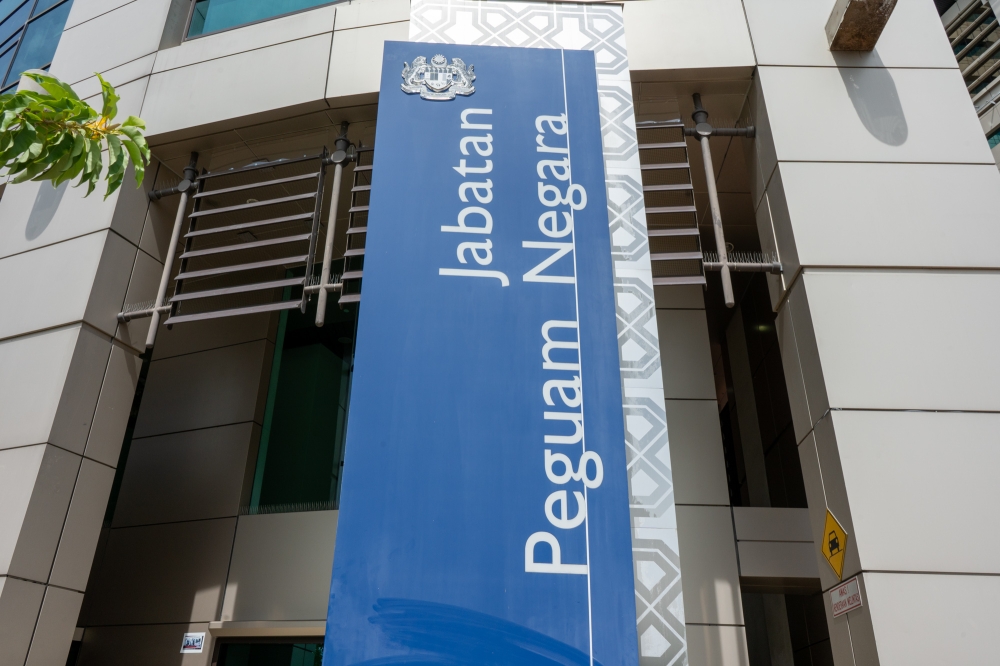LONDON, June 11 — Bank of England Deputy Governor Ben Broadbent added his voice to reminders from the central bank that it still wants to raise interest rates, but one of his colleagues, Gertjan Vlieghe, struck a different note by highlighting recent weak data.
The US Federal Reserve and the European Central Bank have sounded more dovish after trade tensions grew between the United States and China, but the BoE has kept the door open for tighter policy.
Governor Mark Carney told investors last month that they were wrong to price in just one BoE rate rise over the next three years.
While Britain’s economy is shrouded in uncertainty about Brexit, data today showed that wages are growing strongly, raising the prospect of inflation pressure ahead.
But financial markets think the BoE is more likely to cut rates than to raise them over the coming year, given the risk of a disorderly departure from the European Union on October 31 as well as the slowing world economy.
Broadbent said today he still shared the BoE’s view from early May that rates would need to rise faster than markets expect.
“Were the economy to develop in line with our projection ... interest rates would probably have to rise by a little more than what was in the curve at the time of the forecast,” he told legislators.
Broadbent said he was not particularly bothered if markets disagreed with the BoE’s outlook, given the deep uncertainty about Brexit which could change the outlook significantly.
The BoE’s forecasts assume that Britain will avoid an abrupt departure from the EU.
Global risks
Two other BoE policymakers, chief economist Andy Haldane and Monetary Policy Committee external member Michael Saunders, have made the case for a rate rise more forcefully in recent days.
Haldane said the time was nearing for a rate rise to nip inflation pressure in the bud, while Saunders said Brexit uncertainty was not a reason to delay tighter policy for ever.
But Vlieghe, another MPC external member, was more cautious when asked about his colleagues’ views today.
“The news since May I think has been ... a little disappointing and in terms of both the global downside risks and the domestic downside risks my read is that they have both intensified,” Vlieghe said at a panel discussion hosted by the National Institute of Economic and Social Research (NIESR).
NIESR forecast on Monday that Britain’s economy was on track to contract during the current quarter for the first time since 2012, after official data showed a 0.4 per cent fall in GDP in April.
This decline was driven by planned closures by car factories which had feared disruption around the original Brexit date of March 29 date.
Saunders, speaking at a business event in Southampton late on Monday, said the BoE had forecast a slowdown in the second quarter after pre-Brexit stockpiling boosted first-quarter growth.
Speaking to legislators today, just before Broadbent, he said he expected consumer spending to beat the BoE’s forecasts, adding to inflation pressures.
Britain’s job market continues to be strong — bucking the subdued trend in most of the economy since June 2016’s Brexit referendum - and official data today showed faster-than-expected wage growth and job creation during April.
Pay excluding bonuses rose at its fastest annual pace since May 2008 in April alone, up 3.8 per cent on the year.
“If the BoE wants to push back against a dovish market ... this data may provide some ammunition,” HSBC economist Elizabeth Martins wrote in a note to clients.
The BoE announces its next policy decision on June 20. — Reuters















